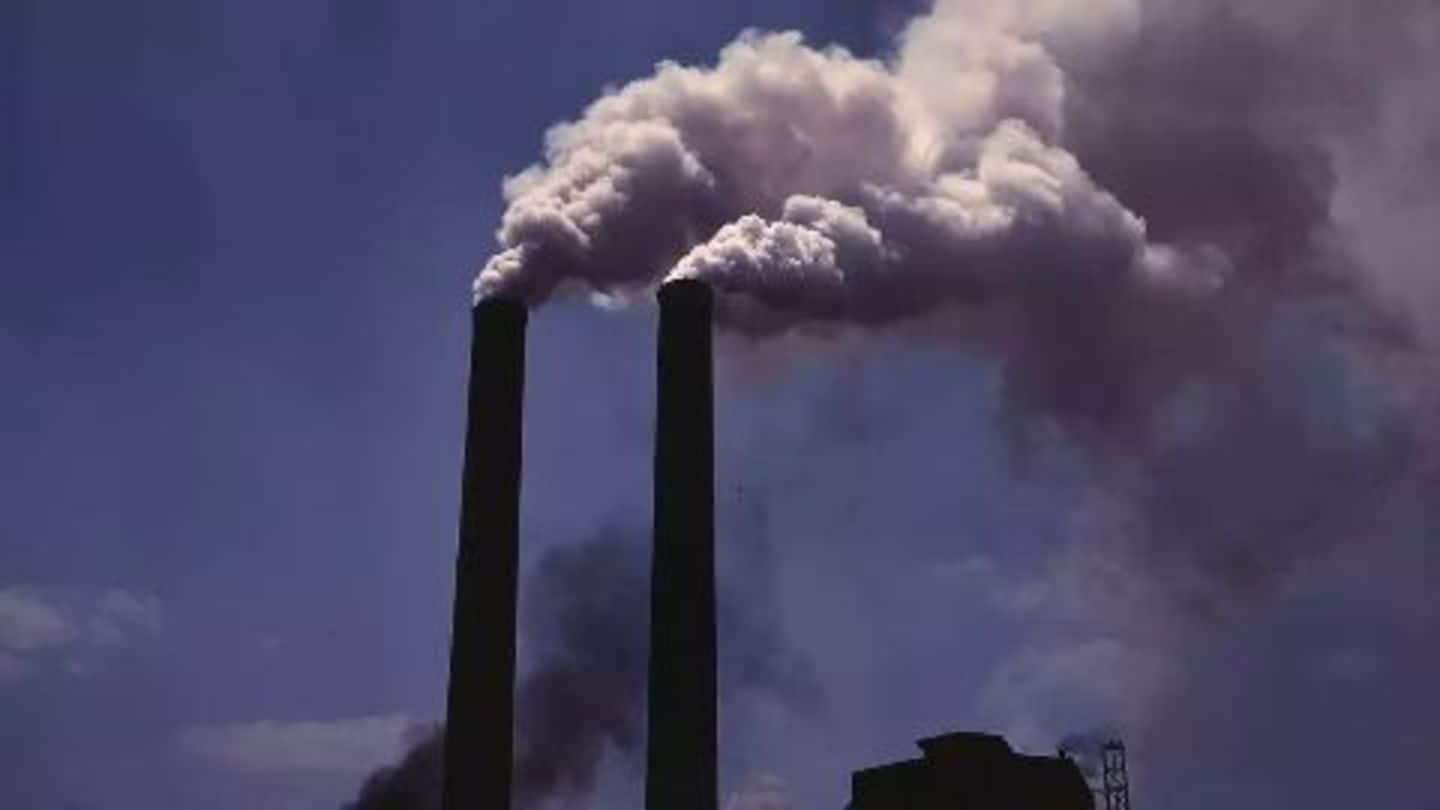
Govt to spend Rs.553 crores to tackle pollution
What's the story
In a bid to control pollution in major cities, the Union government will spend Rs.553 crores in the next 5 years starting from financial year 2016-17.
While Rs.70 crores will be spent in the FY2016-17, the money spent is expected to double to Rs.150 crores by 2020-21.
Out of the 74 cities monitored by CPCB, 41 cities exceed ambient air and water quality standards.
CPCB
CPCB: A profile
The Central Pollution Control Board is the pollution watchdog of India which was established in 1974.
Headquartered in New Delhi, it functions under the Ministry of Environment, Forests and Climate Change.
CPCB coordinates with the State Pollution Control Boards to provide them technical assistance and guidance.
It is the apex body in the country that controls and prevents air and water pollution.
Personal
Indian cities amongst most polluted in the world
According to the World Health Organisation (WHO), India has 13 of the world's 20 most polluted cities in terms of air pollution.
Status
Municipal corporations lack treatment capacity
Water quality monitoring shows that rivers are polluted downstream of major cities due to large scale water extraction and discharge of untreated/partially treated sewage.
Municipal corporations do not have the capacity to treat sewage.
According to CPCB, tier II towns in India produce 2697 million litres of sewage per day but they only have a treatment capacity of 10% (2334 MLD).
Personal
Sources of pollution
The government has identified major sources of pollution as emission from automobiles, suspended dust, construction activities, industrial emissions, and untreated or partially treated sewage disposal.
Measures
Steps taken to check pollution
National Water Quality Monitoring Programme (NWQMP) and National Air Quality Monitoring Programme (NAMP) with 2,500 stations and 612 stations respectively have been initiated to access the level of pollution.
The government has advanced the implementation of Bharat Stage VI norms to 1st Apr'20, bypassing BS V.
Other measures include increasing sewage treatment capacity, introduction of CNG, ban on chaff burning, improving public transportation, etc.
Personal
Pollution still remains a concern
"These steps have contributed in reducing pollution in Indian cities. But for the various steps taken by central government, state governments and Union Territories and other agencies, the level of pollution would have been worse," Prakash Javadekar, Union Environment Minister.